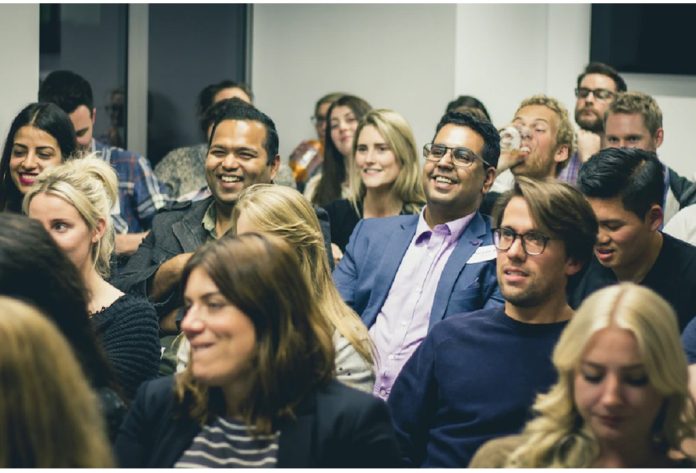by Renee Arrington, President and COO at Pearson Partners International
IIC Partners is one of the World’s top 10 executive search organisations. Operating through 40 offices and 460 consultants, the organisation’s partners deliver Executive Search, Board and Leadership Assessment, Interim Management and Talent Mapping services along with other leadership consulting solutions.
At our recent global conference in Paris, I moderated a panel on Global HR Trends with three HR executives of leading European companies. The panelists represented diverse industries — heavy manufacturing and defense technology and FMCG — and offered great insights into how each company and leader are confronting the new realities of working.
Here are the top five learnings from the event:
1) The Chief Human Resources Officer might be better called Chief Change Officer. Great HR leaders must understand their businesses deeply so that they can support the CEO in designing an organisation that fits the corporate strategy. This is especially true during digital transformations and in fast-moving industries.
2) You need to orchestrate a delicate balance between employee freedom and employee responsibility. The logistics of the workplace have forever changed. Employees are experiencing newfound freedoms and can personalise and curate their work experiences in many sectors. Yet with great freedom comes great responsibility. Employees must recognise the employer’s commitment to providing this freedom and fulfil their responsibilities to perform and contribute to the company culture.
3) Recruiting talent for trades requires new thinking. In a company where the balance of workers is 80% blue collar to 20% white collar, engaging with talent early in their educational journey and providing training and mentorship to develop the necessary skillsets is essential. The recruitment process also needs to be rethought to include innovative ideas like ‘job-dating in factories’ as a way for candidates to try new things before committing.
4) Positive employee experience must be your north star. Internal communications and workforce policies must be transparent, and decisions need to be supported by accurate data. These are essential ingredients for exemplary leadership in these times.
5) The future of work: four-day weeks is a possibility in some sectors, and technology will continue to drive change. One of our panelists predicted that the four-day workweek is on the horizon for some global cultures. Another commented that technologies like 3D printing in manufacturing would continue to shape how work is done and lead to profound changes across supply chains and talent development programs.
This is a unique period of change for the working world. It is perhaps the first time that multiple change drivers of very significant impact have converged simultaneously. The change in where we undertake our work demands a revolution in organisation design, culture, engagement, and communication. Employee performance oversight and empowerment requires a new level of organisation trust and transparency. Leadership competencies are different now too and in particular for HR, whose strategic imperative is to have the right leaders and managers in place to meet these extraordinary challenges.
Article first appeared on HRM
About the author
Renee Arrington is President and Chief Operating Officer at Pearson Partners International, one of HRM’s US search partners with offices in Texas, Florida and Hawaii. Renee delivers board and executive talent solutions for Fortune 500 companies, private-equity-backed businesses, and not-for-profit organisations across many industries.











































